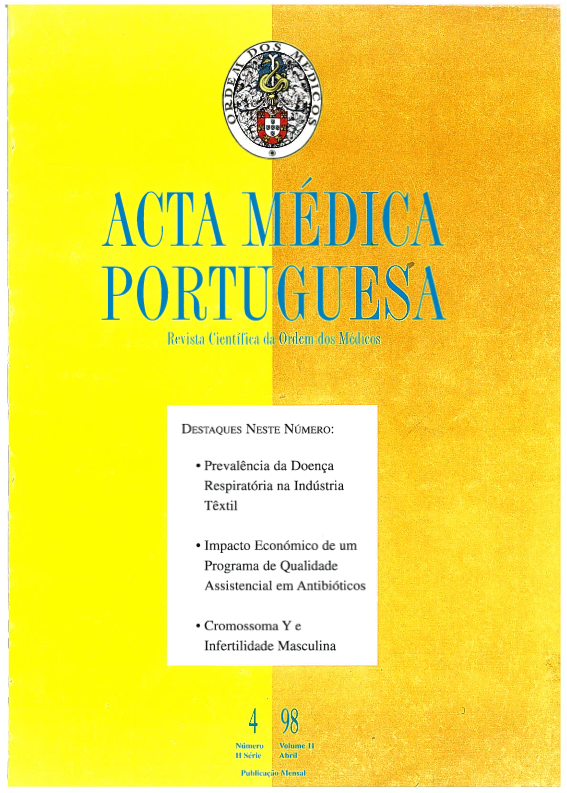Lupus anticoagulants versus antiphospholipid antibodies.
DOI:
https://doi.org/10.20344/amp.2241Abstract
The antiphospholipid antibodies (aPL) present in "antiphospholipid-protein syndrome and autoimmune disorders" are associated with thromboembolic episodes, such as venous and/or arterial thrombosis and fetal loss. Patients with antiphospholipid antibodies have, by definition, laboratory abnormalities in either coagulation assays or various solid phase immunoassays ELISA or radioimmunoassays (RIA). These assay systems were initially thought to detect antibodies against phospholipids. The problem was complicated when it was reported that phospholipid is not the sole antigen but only a part of it, the other contribution being due to b2-glycoprotein I (b2-GP I). More findings, demonstrate that the aPL are in fact anti-b2-GP I antibodies directed against a epitope which is expressed when b2-GP I is bound to anionic phospholipid or another suitable surface. Recent studies have demonstrated that antibodies related to lupus anticoagulant (LA) induce an anticoagulant activity in b2-GP I. Some of these LA require binding to phospholipid. However, not all LA require b2-GP I as a cofactor. Human prothrombin is an antigen for some LA IgG's. Finally, a subclassification of phospholipid-dependent coagulation test anticoagulants is described, there appear to be several subclasses of LA, and the clinical and laboratory criteria required to establish the diagnosis of antiphospholipid-protein syndrome is emphasised.Downloads
Downloads
How to Cite
Issue
Section
License
All the articles published in the AMP are open access and comply with the requirements of funding agencies or academic institutions. The AMP is governed by the terms of the Creative Commons ‘Attribution – Non-Commercial Use - (CC-BY-NC)’ license, regarding the use by third parties.
It is the author’s responsibility to obtain approval for the reproduction of figures, tables, etc. from other publications.
Upon acceptance of an article for publication, the authors will be asked to complete the ICMJE “Copyright Liability and Copyright Sharing Statement “(http://www.actamedicaportuguesa.com/info/AMP-NormasPublicacao.pdf) and the “Declaration of Potential Conflicts of Interest” (http:// www.icmje.org/conflicts-of-interest). An e-mail will be sent to the corresponding author to acknowledge receipt of the manuscript.
After publication, the authors are authorised to make their articles available in repositories of their institutions of origin, as long as they always mention where they were published and according to the Creative Commons license.









